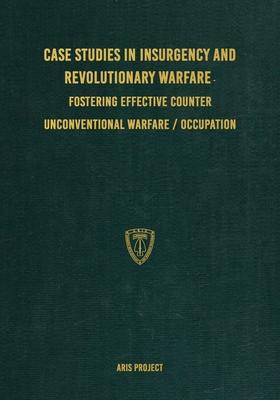The objective of this study is to explore how to effectively prepare for and oppose unconventional warfare (UW) and/or military occupation in order to inform strategy formulation within vulnerable countries. The focus is on actual and potential aggression by the Russian Federation in Europe, and especially in Eastern Europe. The study looks at what measures a country can take to identify and resist both military and nonmilitary aggression. The latter can take many forms-from televised propaganda to coercive economic policies to the use of organized crime to the funding of political parties. With regard to military occupation, the study examines what actions a potential target state could take in the areas of logistics, communications, command, organization, intelligence, sabotage, subversion, and guerrilla operations so that if an aggressor invades and occupies the country, the population can begin to resist immediately.
The objective of this effort is therefore to examine two different but related problems. The first problem looks at resisting UW-- best demonstrated by Russia's campaign in Ukraine, 2013-present. Russian operations there featured the use of non-kinetic as well as kinetic operations to coerce the Kyiv government, foster and organize resistance, and annex Crimea. This type of aggression can include military operations, including incursions, raids, attacks, and defenses, etc., i.e., military operations short of a full-scale, deliberate invasion. The second problem is that of outright military occupation, such as occurred throughout Eastern Europe before, during, and after World War Two and now during the Russian occupation of Ukraine.
